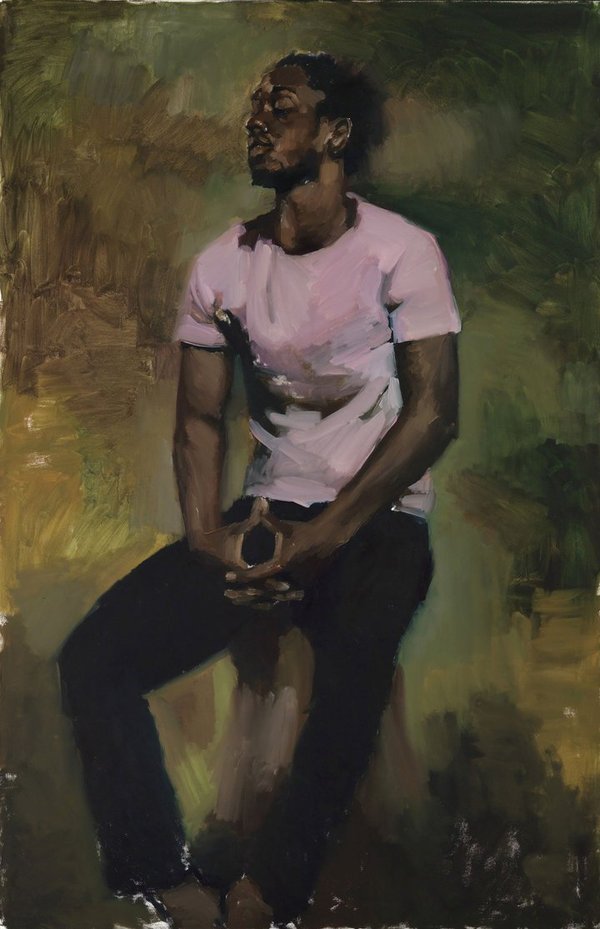
Hiding out with Art and Language @ Flat Time House
Flat Time House and /origin\forward/slash\ are hosting an online conversation with ‘Art & Language’ (Michael Baldwin and Mel Ramsden) and Michael Corris (artist and author of upcoming publication Inside Art & Philosophy: An Artist’s Point of View).




























